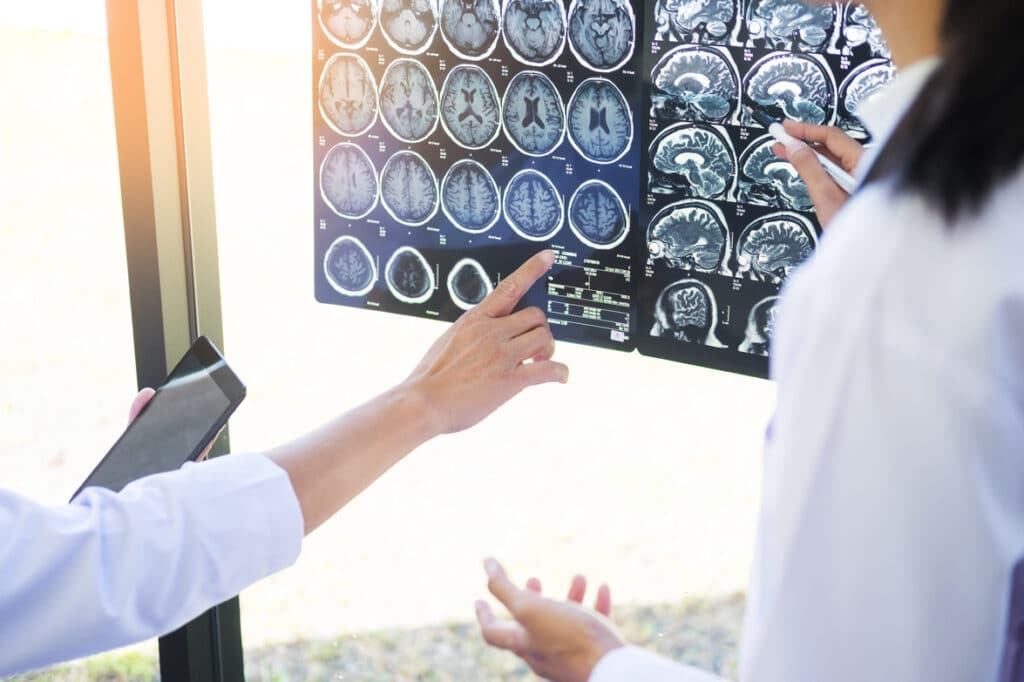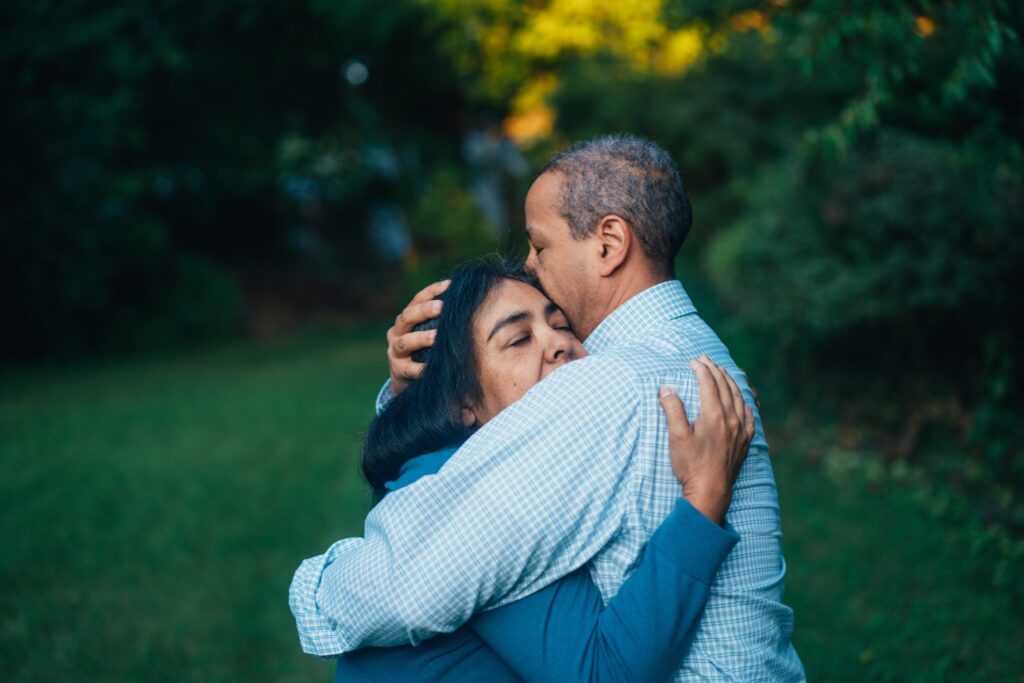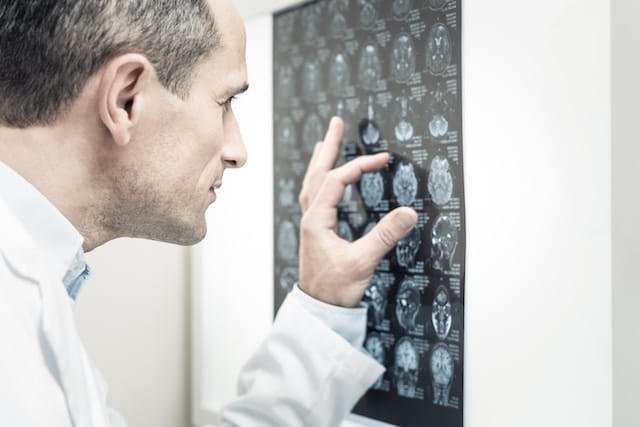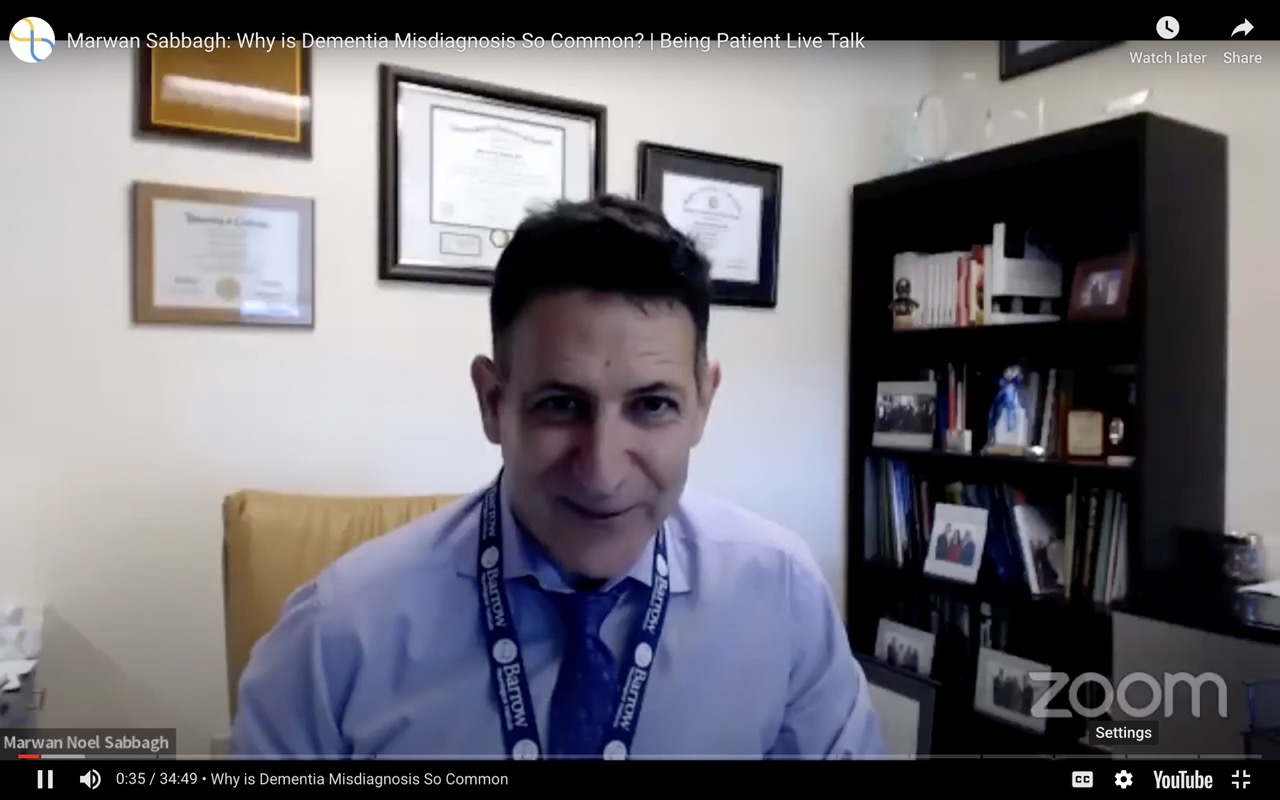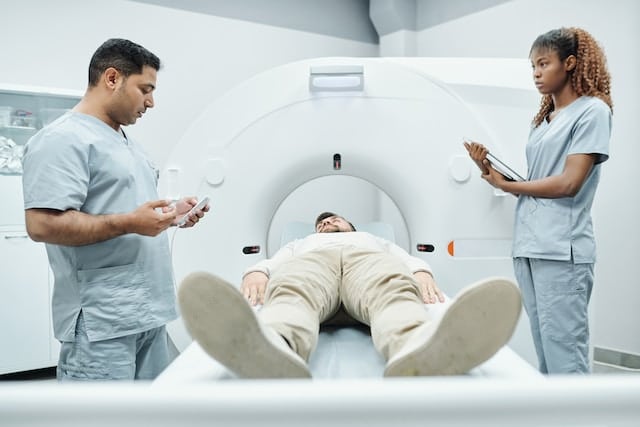How can you make sure your dementia diagnosis is accurate?
Dementia, in all its many forms — including Alzheimer’s, Parkinson’s, Lewy Body, FTD and more — is difficult to correctly diagnose. Misdiagnoses are common, and millions of people living with dementia that’s going undiagnosed altogether.
Early, accurate diagnosis opens up a world of options when it comes to better care, and even access to treatments that could slow the course of their disease.
Here, we explore why dementia misdiagnosis is so common — and we share expert insights on what patients and primary care doctors can each do to make sure people living with dementia are getting timely, accurate diagnosis — and in turn, appropriate care.
How can you make sure your dementia diagnosis is accurate?
Dementia, in all its many forms — including Alzheimer’s, Parkinson’s, Lewy Body, FTD and more — is difficult to correctly diagnose. Misdiagnoses are common, and millions of people living with dementia that’s going undiagnosed altogether.
Early, accurate diagnosis opens up a world of options when it comes to better care, and even access to treatments that could slow the course of their disease.
Here, we explore why dementia misdiagnosis is so common — and we share expert insights on what patients and primary care doctors can each do to make sure people living with dementia are getting timely, accurate diagnosis — and in turn, appropriate care.
Worried about dementia? Sometimes doctors miss the signs. Read this feature article to learn more about:
- How often dementia misdiagnosis occurs
- Why dementia might go undiagnosed altogether
- Why accurate diagnosis is difficult — even for experts
- Why timely, accurate diagnosis is so important
- What doctors and patients can do differently to ensure accurate diagnosis
Why is a dementia diagnosis so hard to get right?
In a deep-dive explainer by Being Patient reporter Simon Spichack, neurologists explain why different kinds of dementia are so hard to accurately diagnose, why it’s so critical to get your diagnosis right, and how to advocate for yourself until you get the answer. Read it here.
Why is a dementia diagnosis so hard to get right?
In a deep-dive explainer by Being Patient reporter Simon Spichack, neurologists explain why different kinds of dementia are so hard to accurately diagnose, why it’s so critical to get your diagnosis right, and how to advocate for yourself until you get the answer. Read it here.
‘Don’t Let Doctors Dismiss Your Concerns:’ A Neurologist on Diagnosing Dementia
Neurologist, author, and Alzheimer’s expert Marwan Sabbagh discusses why dementias are so difficult to diagnose accurately — and what patients should do if they think they may be experiencing symptoms of cognitive decline.
.
Learn more about the technology and tools behind dementia diagnosis and diagnostic accuracy.
5 Ways Doctors Diagnose Alzheimer’s
Scientists are developing new types of tests and diagnostic tools to make diagnosis easier, more accessible, and more accurate. Here are five different methods for the present and future. Read more here.
Learn more about the technology and tools behind dementia diagnosis and diagnostic accuracy.
5 Ways Doctors Diagnose Alzheimer’s
Scientists are developing new types of tests and diagnostic tools to make diagnosis easier, more accessible, and more accurate. Here are five different methods for the present and future. Read more here.
Dr. Marwan Sabbagh on how doctors diagnose Alzheimer's
Is It Alzheimer’s or Another Type of Dementia? How Doctors Make a Diagnosis
Watch Dr. Sabbagh's 2017 LiveTalk, "Is It Alzheimer's or Another Type of Dementia? How Doctors Make a Diagnosis," below, or learn more about the issue and read a transcript of the conversation here.A second opinion is always a good idea.
It can take years of doctors’ visits to get the right dementia diagnosis for a variety of reasons. How can patients, families, and caregivers speed up the process? Read the article.
Diagnosed with dementia? What are some possible misdiagnoses?
Lewy Body Dementia or Alzheimer’s?
BRAIN TALK: Is It LBD or Alzheimer’s? A Q&A With Dag Aarsland
Imagine being told you are living with Alzheimer’s disease only to discover you have been misdiagnosed and are suffering from another neurodegenerative condition. Dag Aarsland, a leading LBD and Parkinson’s researcher from King’s College in London, discusses the differences between Alzheimer’s and Lewy body dementia. Read more here.
PATIENT PERSPECTIVE: ‘Misdiagnosed by Six Different Neurologists:’ Don Kent’s Journey with Lewy Body Dementia
Lewy Body dementia is the second most common form of dementia, but one of the most frequently misdiagnosed — and it doesn’t always present with memory problems, a hallmark of most dementias, making it difficult to catch early. Former lawyer Don Kent shares the first signs of LBD, his difficulty in finding an accurate diagnosis, and his life with the disease. Read more here.
PATIENT PERSPECTIVE: The Pain of Being Misdiagnosed: Early-Onset Alzheimer’s vs. Lewy Body Dementia
Painter, avid cook, and patient advocate Michael Belleville was told he had Alzheimer’s. He discovered he was misdiagnosed. He shares his story, his early signs of Lewy body dementia, and what changed doctors’ minds about his diagnosis. Read more here.
Fatal Familial Insomnia, vs. Alzheimer’s, vs. Frontotemporal Dementia
PATIENT PERSPECTIVE: Emily Ong on Misdiagnoses and Dementia Advocacy in Asia
Emily Ong, who lives with frontotemporal dementia, shares her journey to an accurate diagnosis and her vision of forging a more open and compassionate society for those living with FTD and other forms of dementias. Read more here.
Functional Cognitive Disorder or Dementia?
STUDY: One Common Dementia Misdiagnosis Is Functional Cognitive Disorder
The occasional minor cognitive error is a perfectly normal occurrence, but some people live with persistent, subjective cognitive difficulties that have no underlying structural, neurodegenerative, toxic or metabolic explanation. This is called functional cognitive disorder, and new research from the UK indicates it may be widely misdiagnosed as early dementia. Read more here.
